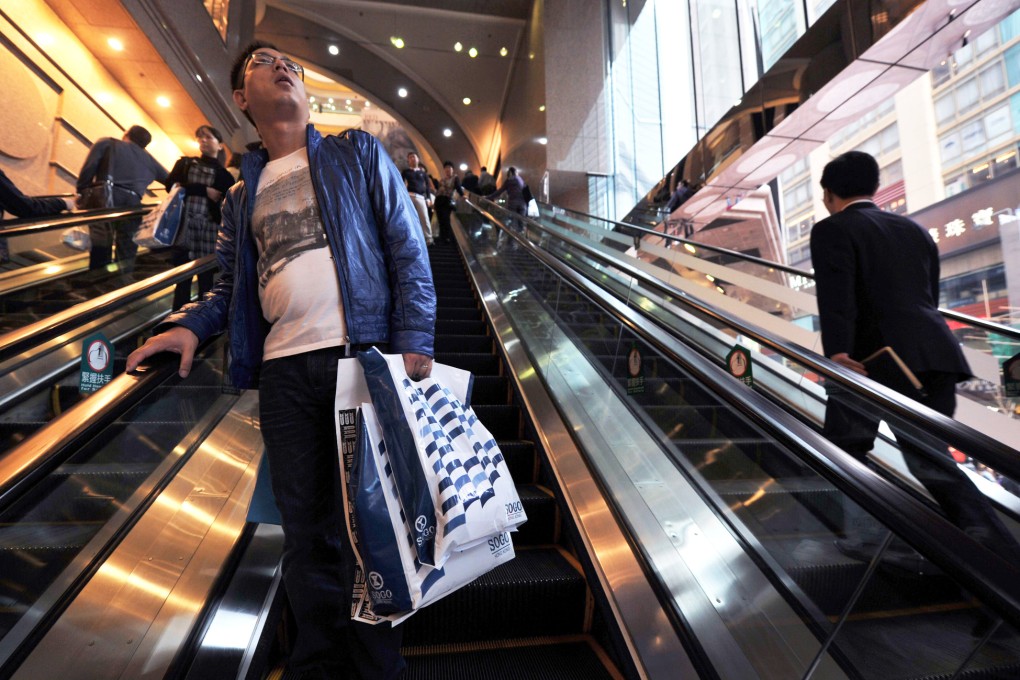Opinion | Why Hong Kong living makes us lazy and uncaring
Peter Kammerer says with most mundane tasks done for us in Hong Kong, we have become lazy and indifferent to our surroundings

Travel not only broadens horizons - it can also open our eyes to a few home truths. A recent holiday in small-town Australia made it plain just how lazy Hong Kong living has made me. I was born in Australia so my encounters and experiences were not wholly unexpected. This time, though, I paid closer attention due to my growing interest in having a more responsible lifestyle.
Getting older does that. Middle age and a sedentary job are not a healthy combination, so I'm trying to exercise regularly and eat better. That has also increased my awareness of what's around me. In Hong Kong's case, it's the environment: the pollution, wastefulness and poor resource management.
For several weeks, I was in a place where maids are only for the extremely rich, the minimum wage is four times higher and public transport is infrequent. Not having a domestic helper in Hong Kong, household chores weren't a problem. Harder to get to grips with was sorting rubbish for recycling and remembering when to put which bin out for collection, cleaning up after meals in fast-food restaurants and adhering to a host of unspoken rules about social correctness. Not having a car, there were a lot of long walks when once-an-hour buses were missed or taxis were unavailable.
None of these activities, beyond walking in the summer heat, is especially strenuous. Yet, in Hong Kong, many of us have helpers to do the household chores, and there are attendants to clean up after us in restaurants. This creates jobs, but it also means we don't think much about our surroundings. Putting wrappers in bins and returning plates and trays to the counter isn't difficult and it's a first and important step towards creating a responsible community.
I encountered a novel approach to buffet dining at a Chinese restaurant in Australia. For a set price, a person could select any number of items from the menu on the understanding that a dish had to be finished before another was ordered. Any uneaten food would incur a 20 per cent surcharge. It was an innovative and sensible twist.
Some restaurants in Hong Kong have variants, with uneaten food being weighed and charged for accordingly. Australian supermarkets have yet to introduce a levy like ours on plastic bags; they have no problem handing out as many as you ask for, and more. Nor can the nation be hailed for environmental perfection, with new Prime Minister Tony Abbott following up on an election pledge to scrap a carbon tax, and some 80 per cent of electricity being produced by coal, which is also a major export and government revenue-earner. There is at least a grass-roots understanding, though, that nature is fragile and has to be cared for and protected.
